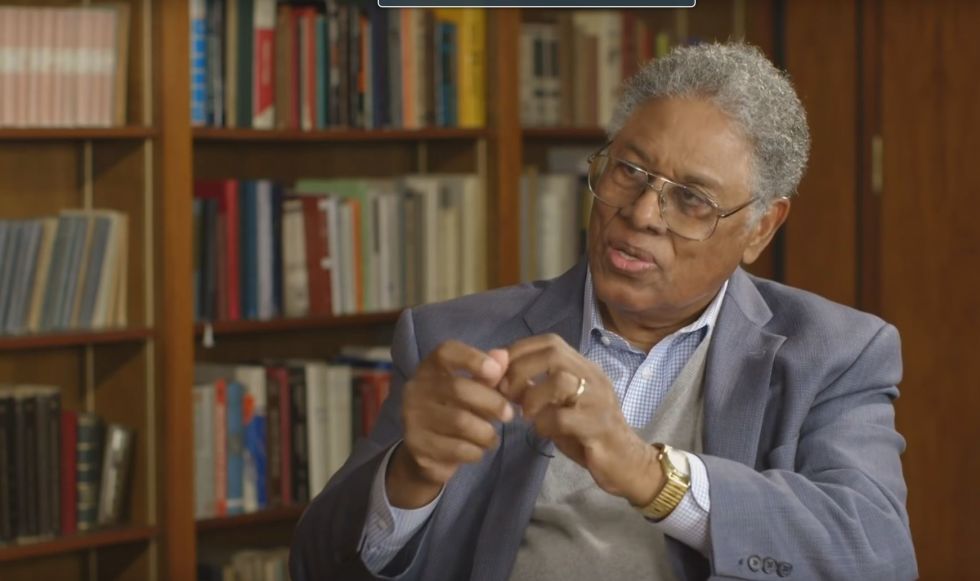There is so much for high school seniors and their parents to know about colleges that they not only need to get a lot of information but also need to make sure it is the right kind of information.
A number of college guides have useful information but, unfortunately, the best-known and most pretentious of these guides — “America’s Best Colleges”– is grossly misleading.
There is no such thing as a “best” college, any more than there is any such thing as a “best” wife or a “best” husband. Who would be best for a particular person depends on that person.
Would we not consider it absurd if someone collected statistics on people and then used those statistics to rank individuals according to who would make the “best” wife or husband? Yet that is the approach “America’s Best Colleges” is based on.
A college that would be best for a particular student could be a terrible place for that student’s brother or sister. One of them might find West Point a great experience, while the other would fit in perfectly at Reed College– and each might be miserable at the other institution.
Choosing the college that is right for a particular person is not about the rankings of institutions. It is about matching a student with an institution that can enable that person to flourish while there, and to graduate with an education that is a foundation for a fulfilling life in the years ahead.
Among the things you need to know about a particular college is whether it has a real curriculum or just a smorgasbord of courses, so that it is possible to graduate knowing nothing about history, economics or science, for example. Some of the most prestigious colleges in the country are places where you can graduate completely ignorant of such fundamental subjects.
What also matters is whether the intellectual atmosphere is one in which competing ideas are explored and debated, or one in which there is a prevailing orthodoxy of political correctness that a student can challenge only at the risk of being ridiculed by the professor, given a low grade or– in some places– suspended or expelled for violating a campus speech code by giving an honest opinion about things where an orthodoxy is imposed, such as issues involving “race, class and gender.”
In short, what is important is not choosing the “best” college, according to some statistics that conceal the arbitrary choices behind the objective-looking numbers. What is important is choosing the right college for you.
The best of the college guides reflects that difference in its title– “Choosing the Right College.” Its latest edition has just been published. Like people, it has put on some weight over the years and its seventh edition is now 1,140 pages long. Unlike some of us, however, its additional weight is muscle rather than fat.
“Choosing the Right College” tells you whether there is or is not a curriculum at each of the colleges it covers and whether classes are taught by professors or by graduate students.
It also tells you whether the intellectual atmosphere is free or is hidebound with political correctness, and plagued by professors who think their job is to use the classroom as a place to sound off about their political ideology to a captive audience, even when the course is about chemistry or accounting.
“Choosing the Right College” also presents information on such things as black separatist organizations at Lafayette College, for example. Whether you are for or against such things, you need to know about them, in order to choose what you think is right for you.
Co-ed living arrangements are also discussed, including just how co-ed they are– that is, whether males and females simply live in the same dormitory and/or share the same room and/or use the same bathrooms and showers. It also mentions some colleges where you don’t have to live co-ed at all, if you don’t want to.
If you want to get more than one college guide, there is also “Barron’s Profiles of American Colleges” which has much more statistical detail and can be a useful supplment. But “Choosing the Right College” is a
must– even if it is not carried in your local bookstore, and you have to order it on-line or from its publisher, ISI Books in Wilmington, Delaware.




